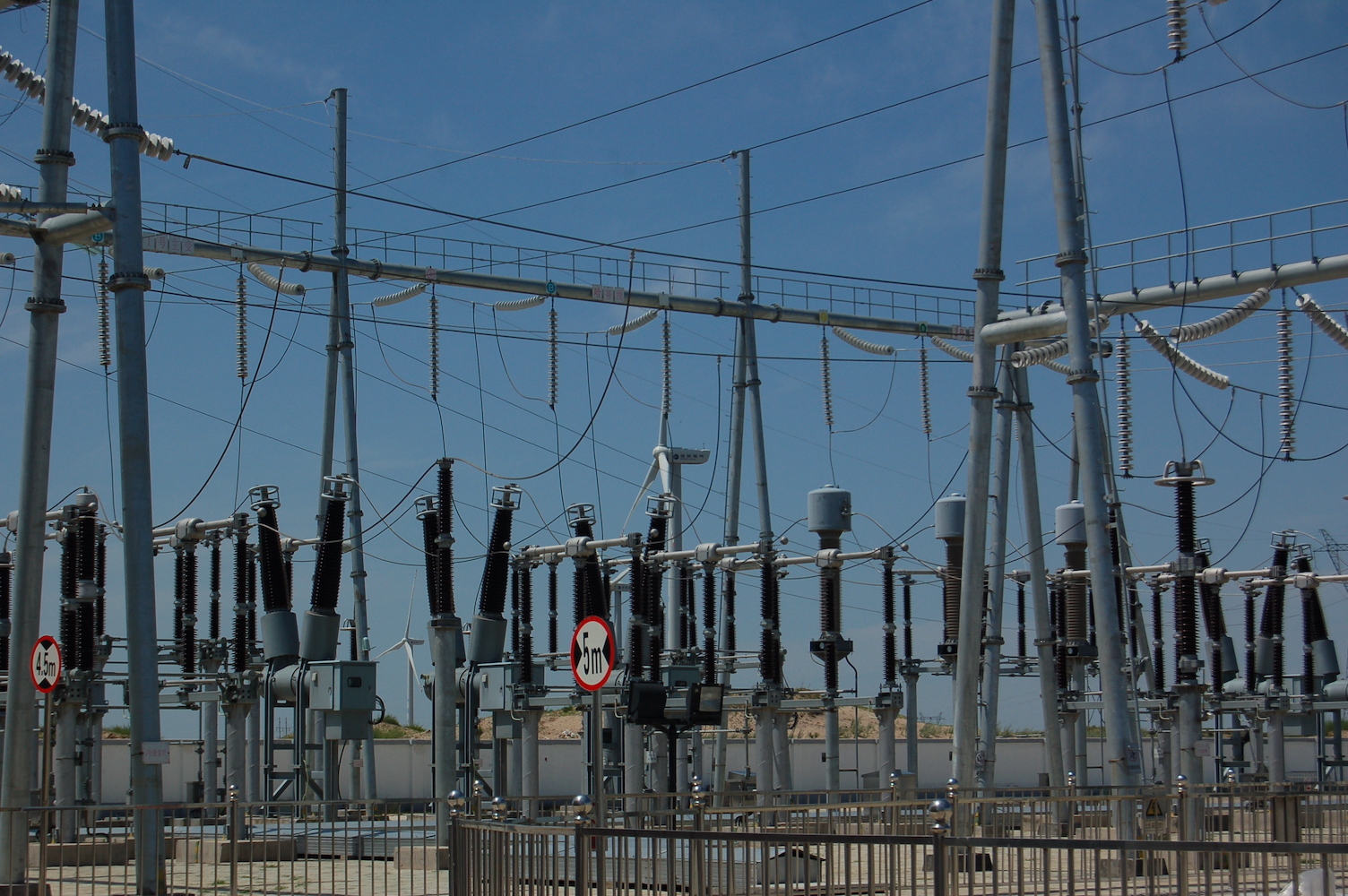This post is archived. Please check the Opportunities Page for current postings.
The Power Transformation Lab at UC San Diego (https://pwrlab.org/) is seeking one or more postdoctoral researchers to conduct research on open modeling of China’s power sector decarbonization. The Power Transformation Lab studies the engineering and institutional requirements of deploying low-carbon energy at scale, centering on the role of the power grid. The Lab is run by Michael Davidson, Assistant Professor in the School of Global Policy and Strategy (GPS) and the Department of Mechanical and Aerospace Engineering (MAE). The postdoctoral researcher appointment may be in either GPS or MAE, per the applicant’s preference.
While China has set a long-term goal for carbon neutrality, there is considerable uncertainty about (a) how to achieve it, (a) what happens in the next decade, and (b) the pace, structure, and cost of low-carbon pathways. The transformation of the power sector—central to any decarbonization scenario—is hindered by entrenched incumbents and the institutional and engineering challenges of achieving a massive scale-up of renewable and low-carbon energy sources. This requires the development of new modeling tools to capture physical resource, engineering, and political economy factors affecting the deployment of low-carbon energy. The postdoctoral researcher will contribute to creating open and broadly accessible data, models, and insights, which target governments, academics, civil society, and industry stakeholders. Applications are welcomed in one or both of the following areas:
- Renewable energy resource assessment and capacity planning optimizations. Advancing the state-of-the-art in incorporating local impacts of rapid renewable energy build-out, including spatially granular land use constraints and socio-economic impacts. Suitable operations research techniques may be developed to solve large combinatorial problems.
- Power system operations and market modeling. Advancing the state-of-the-art in incorporating specific market designs (proposed or existing) and other real-world institutions in China into operational models to analyze reliability (e.g., weather extremes), efficiency and sustainability. Topics will be informed by practical challenges faced by localities.
The researchers will be fully integrated into the UCSD community, which includes a highly interdisciplinary school of public policy scholars, robust campus units researching power and energy systems, and a world-class think tank studying contemporary China.
Researchers must have a demonstrated research ability and publication track record, and excellent written and spoken communication skills in English. Researchers should have proven advanced computational programming abilities. Ideally, researchers will be well-versed in least-cost energy systems optimization models in one or more modeling languages (e.g., AMPL, GAMS, Julia/JuMP, Python/Pyomo). Researchers should be eager to contribute to interdisciplinary research and join a collaborative research team.
Must have a Ph.D. in a relevant field, including but not limited to Mechanical Engineering, Electrical Engineering, Systems Engineering, Energy Engineering, and Operations Research.
The initial appointment will be for 2 years, extendable based on mutual agreement and available funding. Salary and benefits are competitive and based on the applicant’s experience.
To Apply
Materials: Send a cover letter indicating experience and career goals, a CV, and contact information for three references. All materials and inquiries should be emailed to powerlab AT ucsd.edu, and include in the subject line “Postdoc: Open Modeling China”.
The first round of candidate reviews will take place on November 15, 2024. It is encouraged to send materials before this deadline, but materials will be reviewed on a rolling basis after this date.
The University of California is an Equal Opportunity/Affirmative Action Employer. All qualified applicants will receive consideration for employment without regard to race, color, religion, sex, national origin, disability, age or protected veteran status. Historically underrepresented groups in engineering are highly encouraged to apply.

